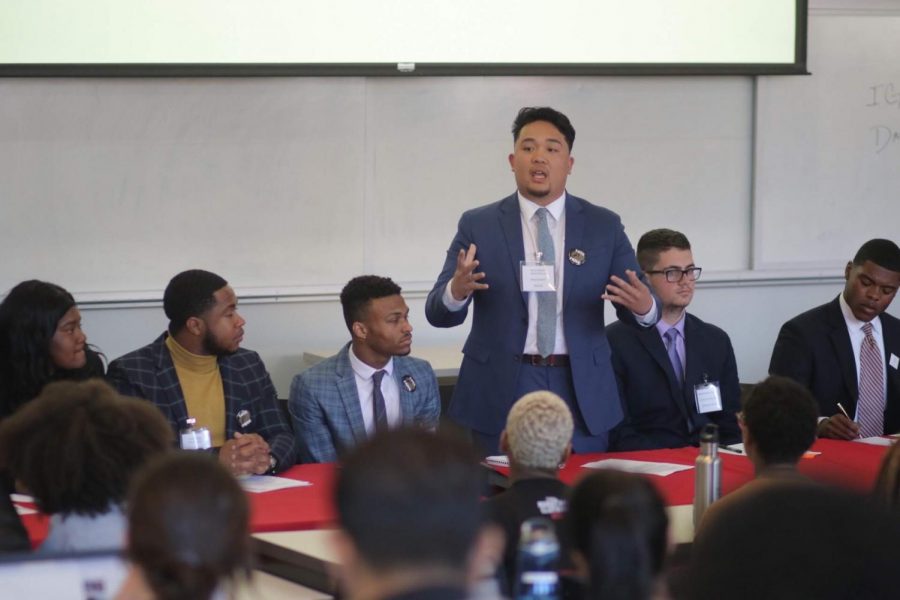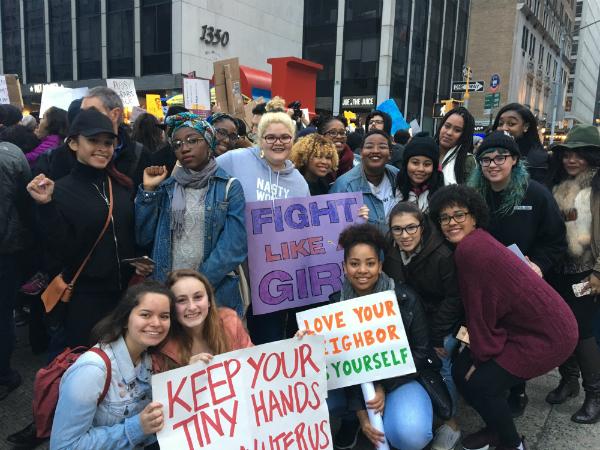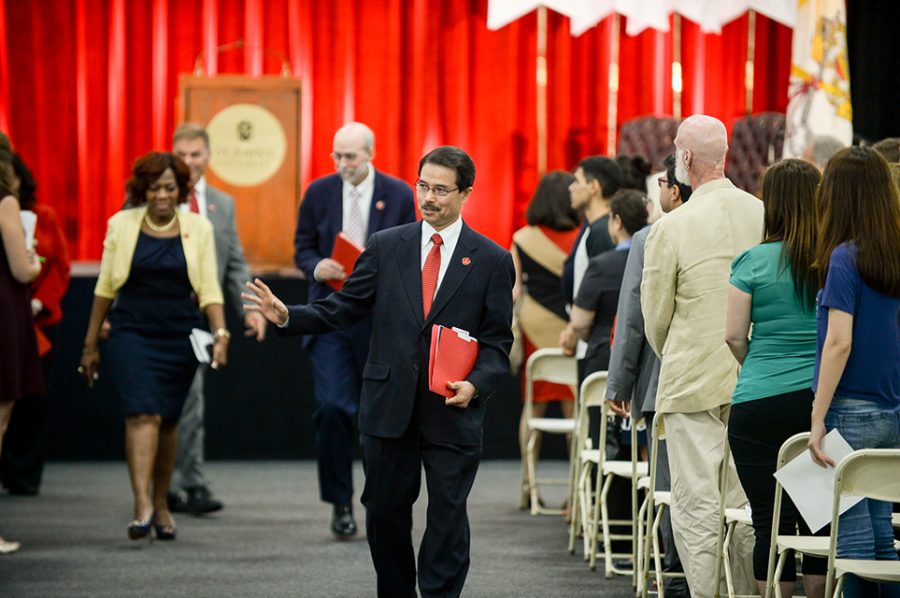The Clothesline Project at the University kicked-off on Monday with The Invisible War, documentary demonstrating accounts of raped and abused soldiers in the U.S. military, and a panel discussion following it.
The film featured women and men re-telling their sexual abuse and rape experiences while serving in the military and then leaving unsatisfied that their assailants were never appropriately reprimanded. The movie also stayed in tune with the theme of the week in which St. John’s takes a stand against violence directed towards women and girls.
Filmmaker Kirby Dick made it his mission to notify people of what was going on and spent five years gathering statistics, funding, and finding survivors to tell the untold story. After the movie, panelists from different backgrounds chimed in and gave their feedback as well their own personal accounts on the subject.
Two of the five panelists, Gus Garcia, four years in active duty in Marine Corps and three years in reserve, and Claudia Flores, seven years in the Navy, spoke personally about knowing someone who had been raped by a superior while in the military. In both accounts and stories in at the University the film, the abusers weren’t arrested nor charged with any offenses.
Dr. Loree Sutton, a retired U.S. army officer after 29 years, said her biggest advice to those who want to be involved in ending this epidemic and changing the system set in place is to get involved with the Not Invisible movement, an organization geared towards making sexual abuse and rape a thing of the past.
“I think it’s a great thing that this film was made and that we’re here learning about it,” Emily Schmidt, ROTC cadet, said. “I definitely see myself becoming an advocate and leading by example, implementing it and not just talking about it.”
Students said they were appalled at what they saw in the film and heard from the panelists, but found it really beneficial to be aware about it.
“Knowing that this is happening has given me another direction to add to my feminist cause,” Jackie Goneze, who’s currently a freshman, said.
“These kinds of things need to be out and in the open so it can stop happening to our women. The film made me sick but also fired me up to do something.”











